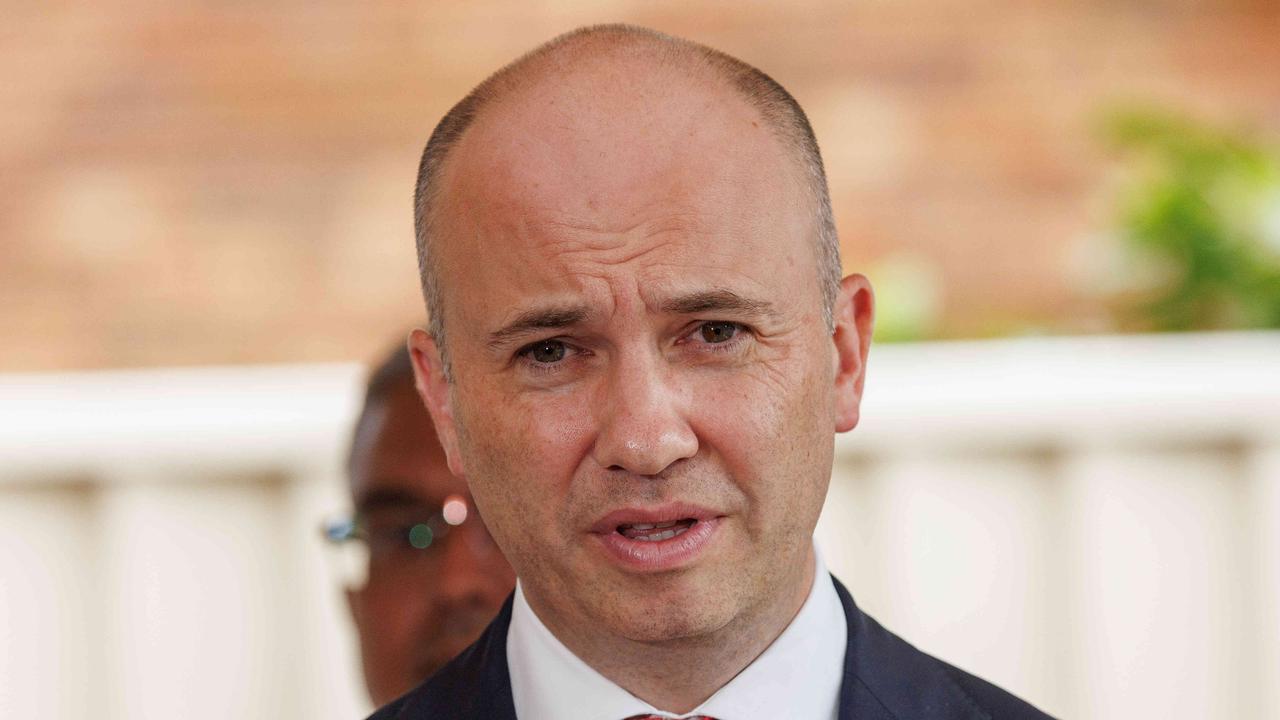‘Disaster alley’: New threats Australia faces
Australia is threatened by new and growing security threats in its own backyard but is doing little to combat them, former Defence chiefs have warned.
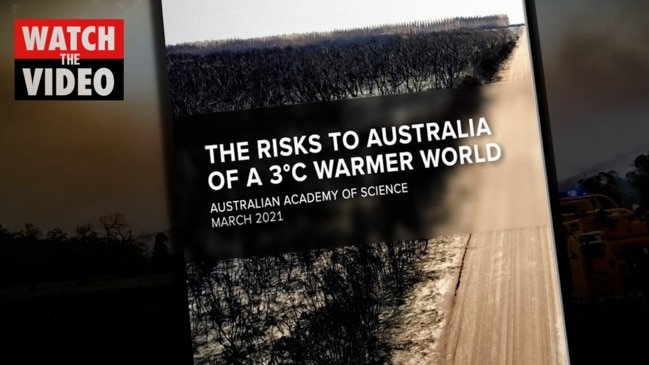
A high-ranking former member of the Royal Australian Air Force has said Australia has a “fundamental problem” as it is unable to rationally discuss climate change, which could see the country being caught unawares by future conflicts it is ill-equipped to manage.
Talking to news.com.au, former deputy chief of the RAAF Air Vice-marshal John Blackburn said Australia was especially precarious as it was in “disaster alley”, a global region at particular risk from climate change conflicts breaking out. He has joined together with a group of other senior former Australian security and military leaders calling for the government to fully assess the security risk from increasing temperatures.
But he said the Government wasn’t paying attention.
He also aimed a spray at Prime Minister Scott Morrison, who last night dismissed some calls for action on global warming as being from the “wine bars of our inner cities”.
“I’ve spent four decades in the military; you can’t dismiss us as lefty, wine bar living hobbits,” he said.
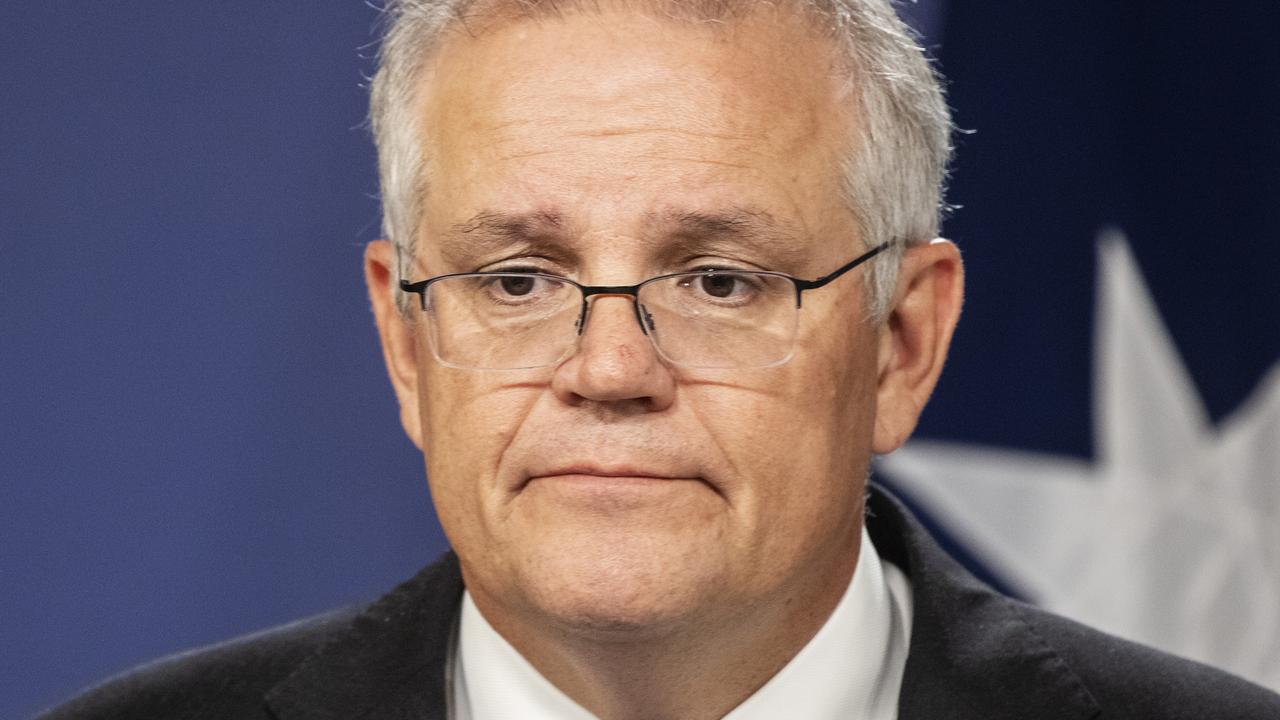
Mr Blackburn is one of the founders of the newly created Australian Security Leaders Climate Group (ASLCG) which has stated that Australia could see a range of security risks posed by climate change, including a potential influx of refugees from overseas or civil unrest at home.
However, despite a Senate inquiry into the security implications of climate change delivering its final report in 2018, no comprehensive climate and security risk assessment has been done into the sovereign dangers a warming planet poses.
“The Government is failing to address the growing impacts of climate change and therefore failing to protect its own people,” said Mr Blackburn.
He said he wasn’t surprised at the lack of action given the furore any mention of climate change causes in Government circles.
“This is the difficulty when climate has become such as political and emotional issue that you can't have a calm and rational discussion about what the risks are and the options to deal with it,” he said.
“There is an inability to have a sensible discussion and that’s a fundamental problem.”
RELATED: Australia’s ‘catastrophic’ future laid bare
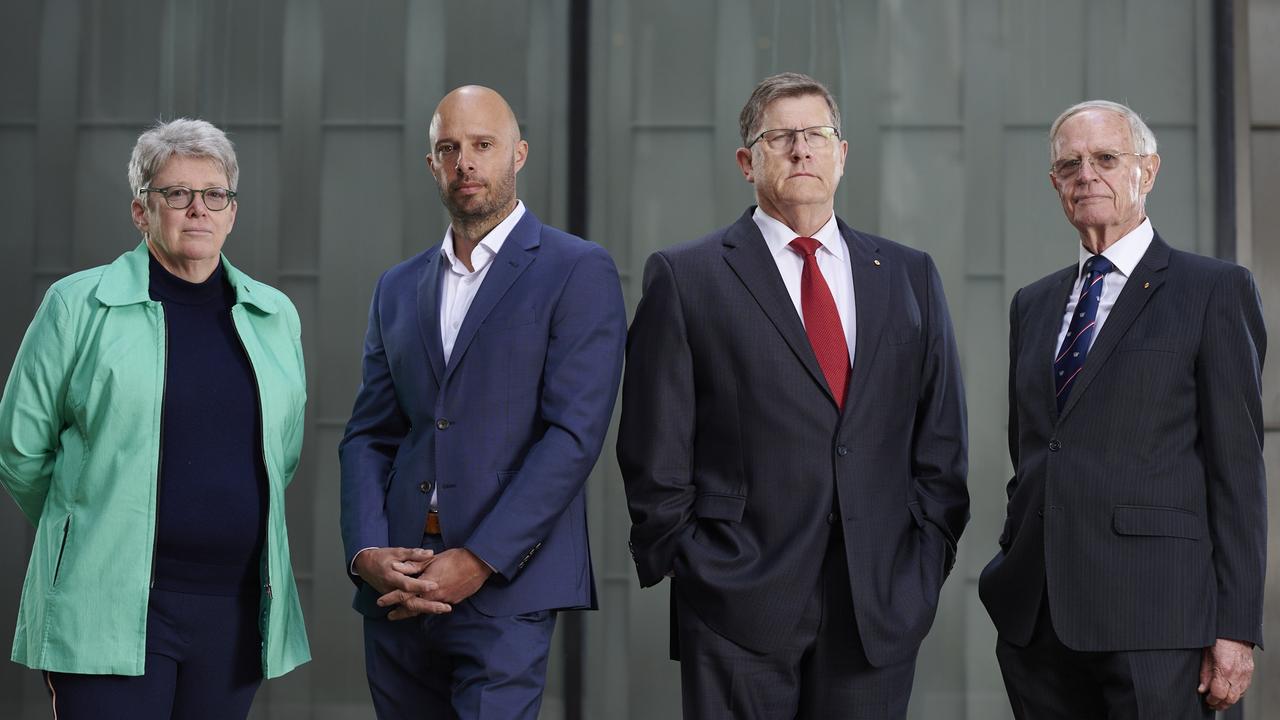
Australia’s security ‘threatened’ by climate change
The ASLCG said Australia’s security was “threatened” including in terms of energy security, export markets and vital imports, disruption to production and supply chains, breakdown in social cohesion and the potential for state failure and regional crises.
Former Chief of the Defence Force Professor Admiral Chris Barrie said military personnel were well placed to examine the potential security impacts because they had seen “up close the devastation of war and crisis”.
“Across our region, climate change is an existential threat to many Indo-Pacific countries that are especially vulnerable to sea-level rise and extreme weather events,” he said.
“Yet Australia is ill-prepared for climate impacts, with climate-security risks not being fully assessed or understood.”
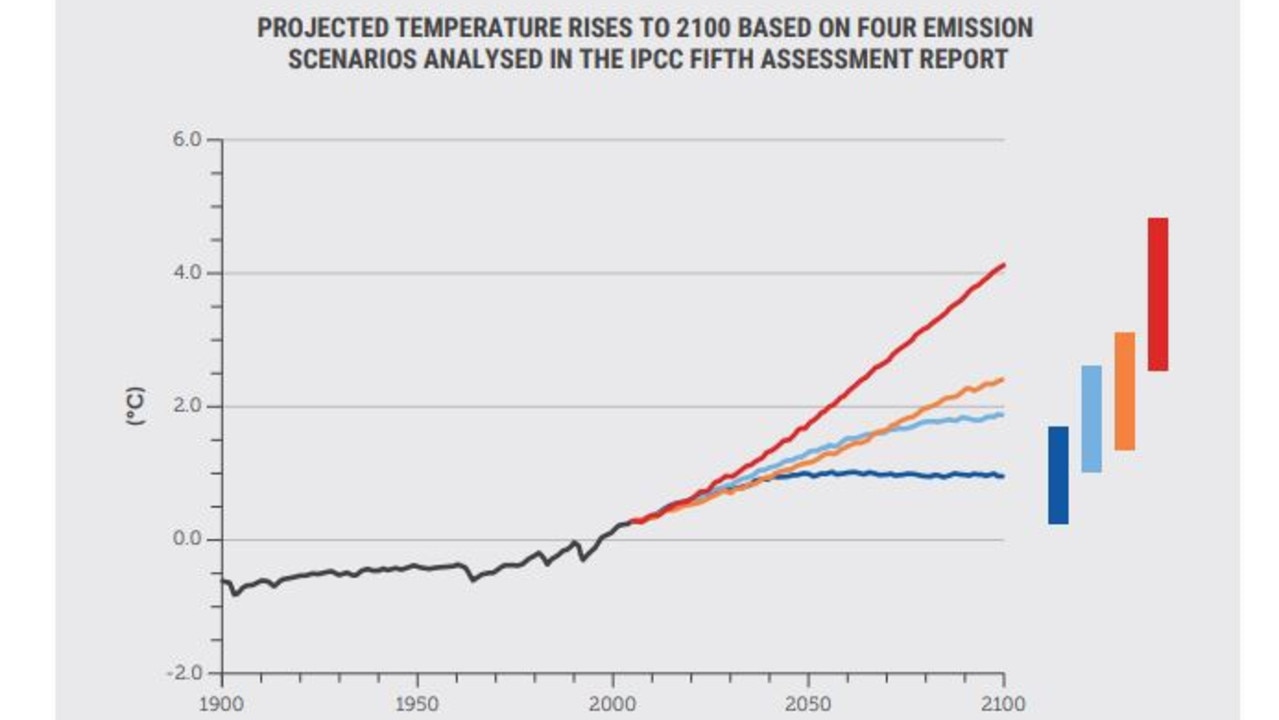
Disaster alley
The report stated Australia lies within the so-called “disaster alley”, a term coined in a 2017 report by Melbourne-based climate change think tank Breakthrough, for an area of the Indo-Pacific particularly vulnerable to disruption caused by climate change.
According to the ASLCG, at the western end of disaster alley lies Bangladesh where a one metre sea level rise could inundate 20 per cent of the country and displace around 30 million people.
Vietnam faces similar threats of inundation of the Mekong Delta, also a key agricultural region which exports food to Australia.
China, the group cites, has a “chronic water problem” with 20 per cent of the world’s population but only 7 per cent of its potable water. The loss of glaciers in the Himalayas could affect water availability in many Asian nations.
A future climate-based regional war, that could suck in Australia, was a real possibility, said Mr Blackburn.
“If neighbouring countries are competing for reduced water supply, it doesn’t take too much imagination to see someone will try and take over the water supply leading to conflict,” he said.
RELATED: Lack of trees exacerbates extreme heat effects
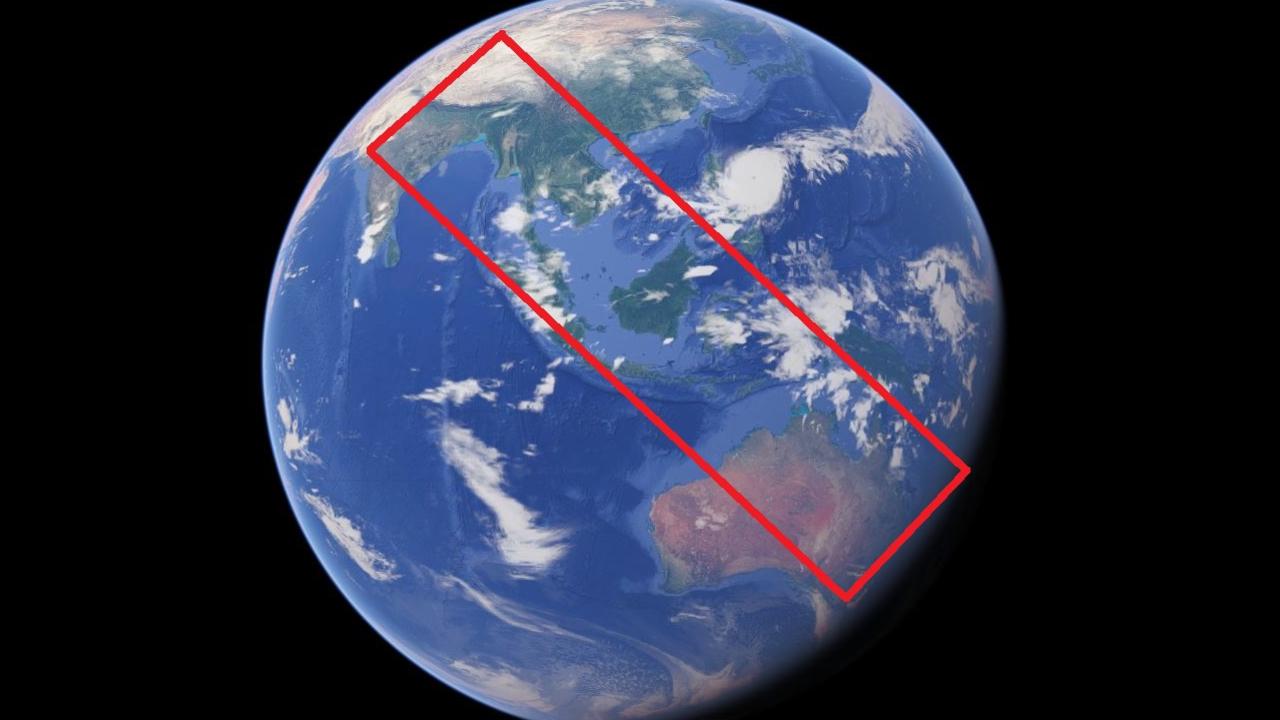
‘We’ll be fighting over more than just toilet roll’
Mr Blackburn said the goods we rely on could also be hammered – by climate conflict or other environmental issues.
“Many Australians think this is just about weather impacts but it’s also about the supply chains we depend on,” he said.
“If the Panama Canal is taken out, shipping will be significantly disrupted. If that happens, we’ll be fighting over more than just toilet roll,” he said.
“We need a scientifically-based discussion that’s not just about heat and flooding, it’s about society shutting down due to supply chains shutting down.”
The Paris Agreement, signed by Australia, aims to limit global warming to “well below 2C” compared to pre-industrial levels, with 1.5C a more ambitious goal.
But already temperatures are 1.1C higher and 1.5C could be breached in the 2030s.
In a report last month, the Australian Academy of Science warned of “catastrophic” consequences if temperatures headed up as high as 3C by the end of the century.
Spray at PM
Many nations have aims in place for net zero emissions by 2050. Australia has a goal of net zero but the Government hasn’t said when this will be reached.
On Monday, Prime Minister Scott Morrison said “we will not achieve net zero in the cafes, dinner parties and wine bars of our inner cities”.
Rather, he said, it would be achieved by “pioneering entrepreneurialism and innovation”. However, many climate scientists doubt net zero can be reached by any other method than drastically reducing Australia’s use of coal.
Mr Blackburn hit back at the PM’s remarks
“I’ve spent four decades in the military; you can’t dismiss us as lefty, wine bar living hobbits or lefty nutters,” he said.
“We’re serious individuals with a lot of experience looking at risk and we want to apply that challenge to this risk.”
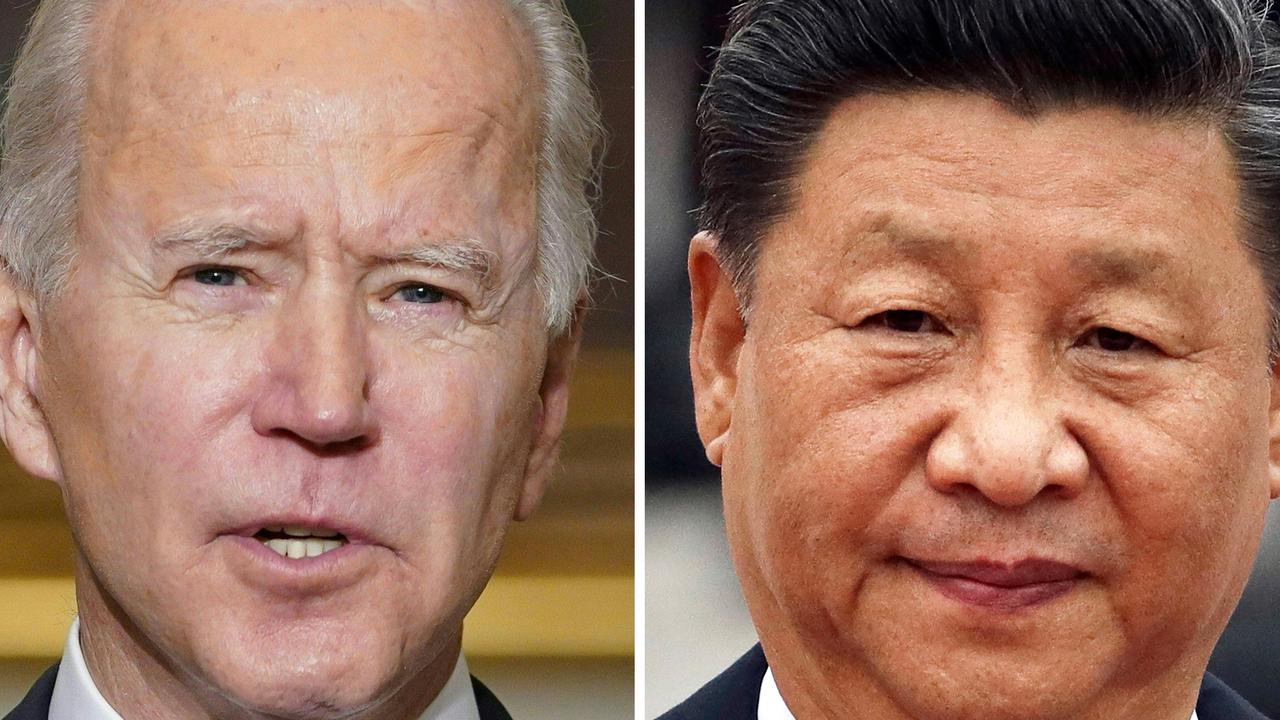
US examine security risks of climate change
Australia accounts for around 1.3 per cent of global emissions, far below China’s 28 per cent and the US’ 15 per cent. But per capita, Australia is the third largest emitter, above both China and the US.
The US Government-led “Leaders’ Summit on Climate” will take place on Thursday and Friday of this week.
It will see the country announce a new 2030 emissions target as part of the Paris Agreement which the US rejoined following President Joe Biden’s election.
On Sunday, the US and China agreed to work together on combating climate change.
Mr Biden has also said the risks from climate change will now be factored into security, economic and defence reports.
The former Australian defence chiefs said the US’ new found enthusiasm for examining the security threats of global warming was showing up Australia.
“The Biden Administration has elevated climate change to a high-level national security issue, with significant stature within national security decision-making,” said Prof Admiral Barrie.
“Some of our closest allies are taking action; we are being left behind”.
News.com.au contacted the Department of Defence for comment.




